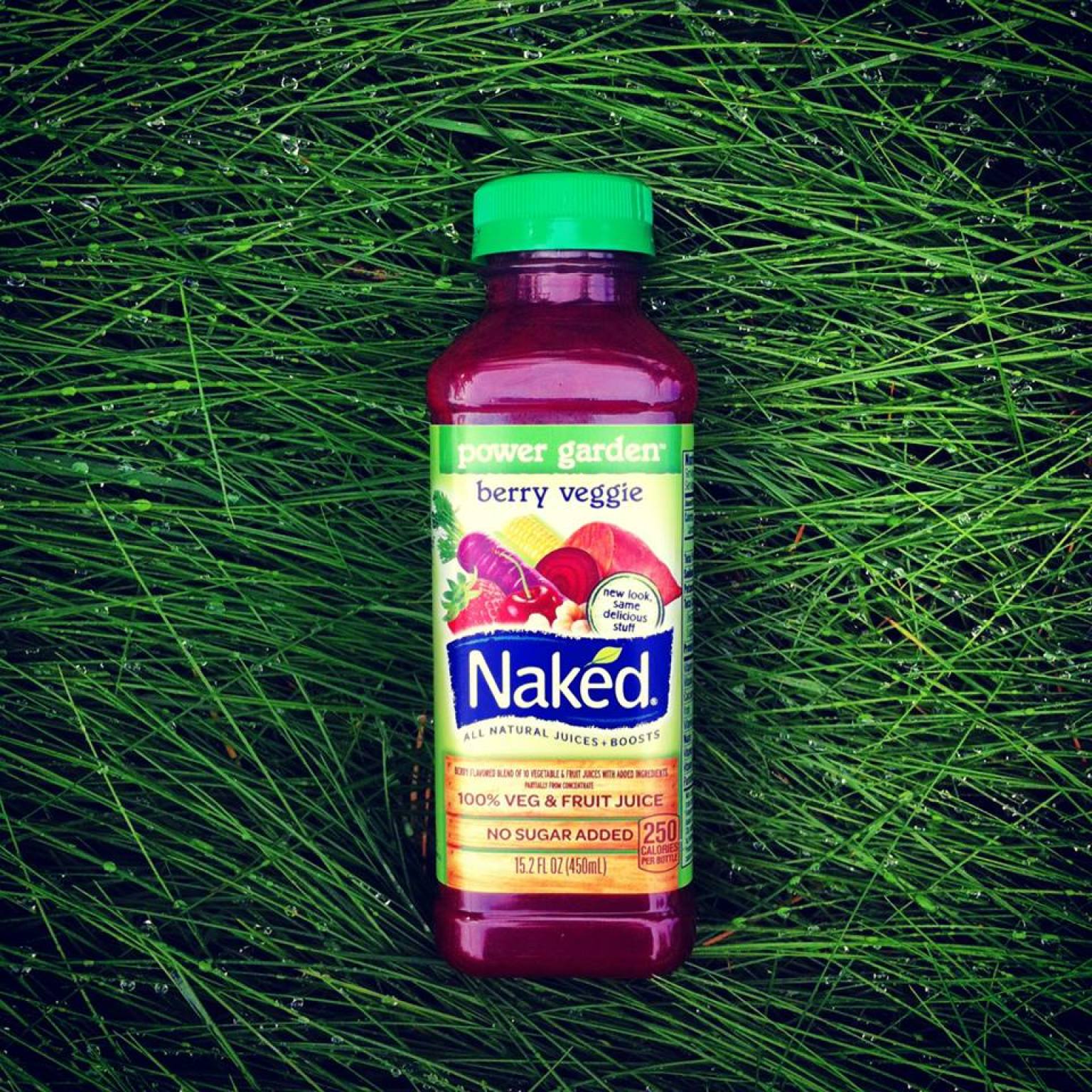Is Naked Juice Healthy? Benefits and Downsides
Introduction to Naked Juice
What is Naked Juice?
Naked Juice is a line of fruit and vegetable juices produced by Naked Juice Co., a subsidiary of PepsiCo. The juices are made from a blend of fruits, vegetables, and other ingredients, with various flavors and formulations available.
Nutritional Profile
Naked Juice products typically contain a combination of fruits, vegetables, and added ingredients such as vitamins, minerals, and protein. The nutritional content can vary depending on the specific product and ingredients used.
Potential Benefits of Naked Juice
Convenient Source of Nutrients
Naked Juice provides a convenient way to increase your intake of fruits and vegetables, especially for individuals who may struggle to meet their daily recommended intake through whole foods alone.
Rich in Vitamins and Minerals
Many Naked Juice products are fortified with vitamins and minerals, such as vitamin C, vitamin A, potassium, and folate, which play essential roles in supporting overall health and well-being.
Hydration
Since Naked Juice products are primarily made from fruits and vegetables, they can contribute to hydration, especially when consumed as part of a balanced diet and combined with adequate water intake.
Antioxidant Support
Fruits and vegetables are rich in antioxidants, compounds that help neutralize harmful free radicals in the body and reduce oxidative stress, which may lower the risk of chronic diseases such as heart disease and cancer.
Downsides and Considerations
Added Sugars
Some Naked Juice products contain added sugars, which can contribute to excess calorie intake and may negatively impact blood sugar levels, especially for individuals with diabetes or those trying to manage their weight.
Lack of Fiber
While Naked Juice products provide a convenient source of vitamins and minerals, they lack the fiber found in whole fruits and vegetables. Fiber is essential for digestive health, satiety, and blood sugar control.
Calorie Content
Naked Juice products can be calorie-dense, especially those made with higher sugar fruits like mango or pineapple. Consuming these beverages in large quantities may contribute to excess calorie intake and weight gain.
Cost
Compared to whole fruits and vegetables, Naked Juice products can be relatively expensive, especially if consumed regularly as part of your diet. For individuals on a tight budget, purchasing fresh produce may be a more cost-effective option.
FAQs (Frequently Asked Questions)
Is Naked Juice better than soda?
While Naked Juice may provide some nutrients and hydration, it still contains added sugars and lacks the fiber found in whole fruits and vegetables. Water or homemade fruit-infused water is a healthier alternative to both Naked Juice and soda.
Can Naked Juice help with weight loss?
While Naked Juice can be part of a balanced diet, it’s essential to be mindful of portion sizes and calorie intake, especially if you’re trying to lose weight. Whole fruits and vegetables are generally a better choice for weight loss due to their higher fiber content and lower calorie density.
Are Naked Juice products pasteurized?
Yes, most Naked Juice products are pasteurized to kill harmful bacteria and extend shelf life. However, pasteurization can also destroy some of the heat-sensitive nutrients and enzymes found in raw fruits and vegetables.
Are there any Naked Juice products without added sugars?
Naked Juice offers a range of products, including some with no added sugars and others with lower calorie and sugar content. It’s essential to read the ingredient list and nutrition label to choose options with minimal added sugars.
Can Naked Juice replace whole fruits and vegetables in my diet?
While Naked Juice can provide some nutrients found in whole fruits and vegetables, it’s best to consume a variety of whole, minimally processed foods for optimal health. Whole fruits and vegetables contain fiber, which is essential for digestive health and satiety.
Are Naked Juice products organic?
Some Naked Juice products are labeled as organic, meaning they are made with ingredients that are certified organic and grown without synthetic pesticides or fertilizers. However, not all Naked Juice products are organic, so it’s important to check the label if this is a priority for you.
Conclusion
Naked Juice offers a convenient way to increase your intake of fruits and vegetables and may provide some essential nutrients and hydration. However, it’s essential to be mindful of added sugars, calorie content, and lack of fiber in some products. While Naked Juice can be part of a balanced diet, it should not replace whole fruits and vegetables as the primary sources of nutrients in your diet. By considering the potential benefits and downsides of Naked Juice and incorporating it into your diet in moderation, you can make informed decisions about your health and well-being.
- Comprehensive Review Top CBD Oil Products By CBD Rethink - April 22, 2024
- Haze THC Adventures: Exploring Just Delta’s Flavorful Delights! - April 22, 2024
- Is Naked Juice Healthy? Benefits and Downsides - April 12, 2024

